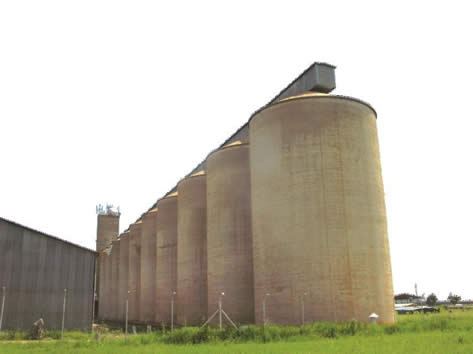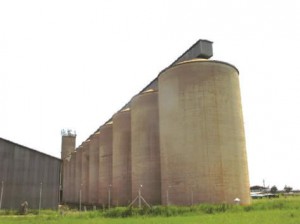
The Sunday Mail

 In-Depth Reporter
In-Depth Reporter
A view from the farmers
Second Vice President of the Zimbabwe Farmers Union Mr Berean Mukwende, said it was “very unfortunate” that GMB still owed farmers funds for maize planted in 2012 and delivered in 2013. “Farmers delivered maize to the GMB last year and are still owed. This means that these farmers have not planted anything in the last season because planting took place last November or December,” said Mukwende.
He said treasury should consider making direct payment to farmers after making grain deliveries as a measure to cut red-tape problems associated with paying the farmers through the GMB.
Farmers believe the GMB should abandon all other commercial activities and concentrate on its core business of grain storage. The parastatal is now engaged in commercial activities of selling maize-meal, beans, rice, stock-feed, cooking oil and other products to try and remain afloat.
But Mr Mukwende says such activities are simply increasing the parastatals’ over-head expenses.
SUPPORT FOR CURRENT STRATEGY
However, the president of the Grain Millers Association of Zimbabwe, Mr Tafadzwa Musarara maintains that the commercial route is the way to go.
He said GMB should court investors for joint ventures for its commercial entity and works towards the rehabilitation of infrastructure on a Build-Operate-Transfer basis.
Mr Musarara, however, views the composition of the GMB board as skewed along political lines thereby discouraging any investment.
“We need people from the private sector in this board. Its current composition scares other stakeholders and investors,” said Mr Musarara
He also bemoaned a large workforce saying it was milking the company as no activity was taking place.
“GMB must restructure, why do they need 50 managers and 6 000 employees when depots are empty? Idle depots must be let out and political influence must come to a stop.”
GMB’s POSITION
In a statement, the GMB acknowledges the past season was characterized by low grain intakes as compared to the past two marketing seasons.
According to the statement, a total of 33, 273metric tones of maize grain were received from local farmers in the year ending March 31 2014.
The figure show a huge decrease from 249 792 metric tonnes that was received in the 2010-2011 year and 212 622 achieved in the 2011-2012 year.
Experts say the drought that hit the Zimbabwe last season negatively impacted on the grain deliveries.
However, the company is optimistic it will get back on its feet through various strategies.
“The board has approved a strategic plan for the period 2014–2015 financial year and under the plan the organisation will focus on three result areas which include mobilisation and management of the strategic grain reserve at the target levels agreed with government, profitable commercial business activities (and) adherence to good corporate governance and strengthening institutional capabilities,” said the company.
EXPERT DEFENDS GMB
Agricultural economist, Mr Peter Gapara, says the Government must directly incentivise farmers to encourage them to continue growing maize.
“It is the role of the Government to ensure food security. As such, the Government must introduce incentives that will entice our farmers to grow maize.
“The current scenario in which farmers are not being paid on time for their maize deliveries discourages grain production,” Mr Gapara said.
As a result of payment delays, most farmers have in recent years turned to tobacco farming which is paid just after sale.
“As you are aware GMB recently commissioned a feed stock producing plant in Norton. The parastatal must intensify its operations in the commercial unit and become aggressive so that it can compete favourably with other players.”



